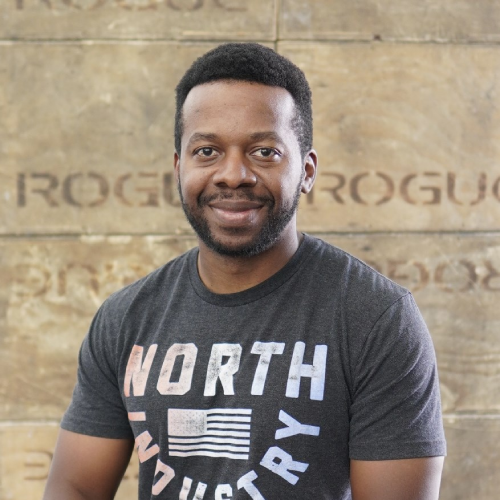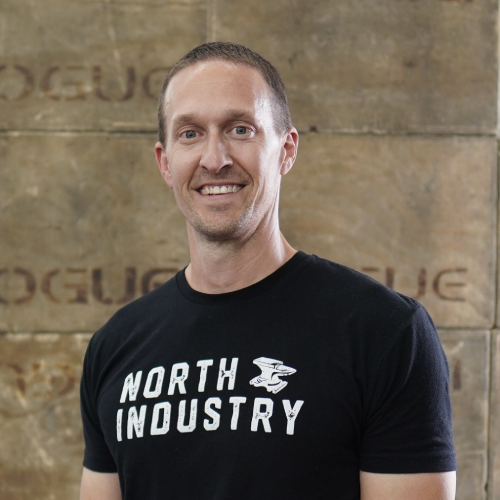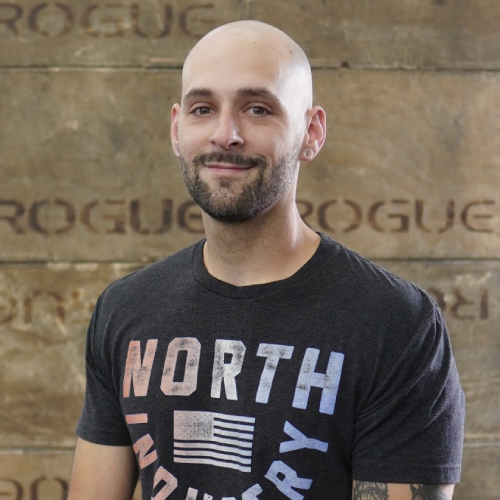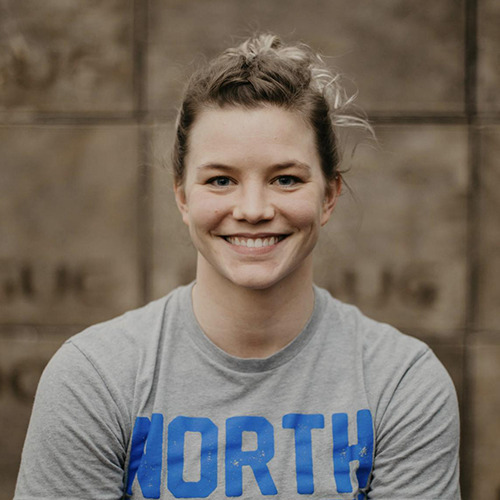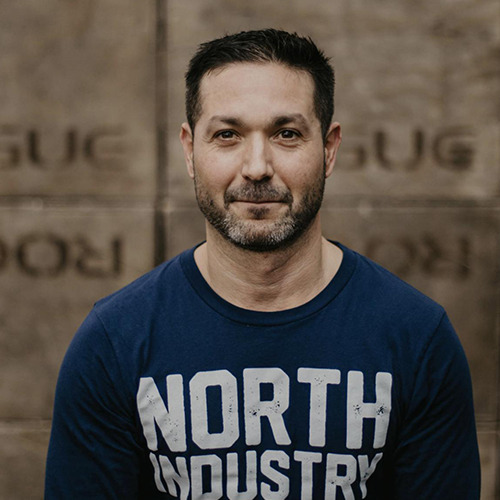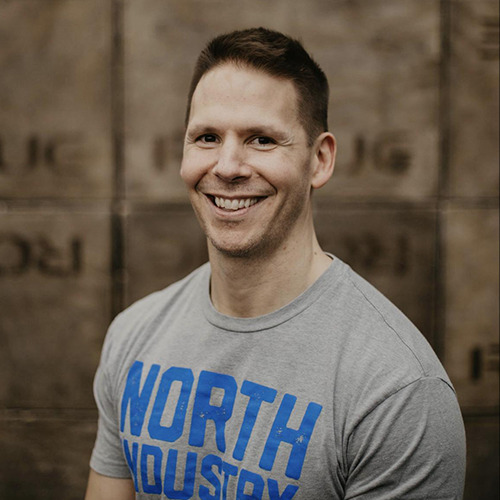I get it. Yesterday you worked out really hard, or for the first time in a while, and those muscles are just soooooo sore. It hurts to get off the couch! But don’t do it. Don’t reach for that little bottle of relief. Drugs like Ibuprofen (Advil, Motrin, Nuprin) may help with the pain in the short term, it appears they have negative consequences on long term healing, and health overall. This article is focused on what you can do to help your body heal up naturally, or at least speed up that process. But before I get into that, I want to take a second to list just a handful of studies—of the mounting evidence—that these drugs that have been around since the 1897 (aspirin, the OG) known as NSAIDs, appear to be doing more harm than good.
Short circuit the healing process…
https://www.ncbi.nlm.nih.gov/pmc/articles/PMC1320354/
“Based on the research literature, the short-term benefits of NSAIDs in the treatment of acute soft tissue injuries must be weighed against the potential long-term adverse effects on tissue healing, structure, and function.”
“This study found that active component service members who had previously received any NSAIDs experienced a 70% increased incidence in stress fracture diagnoses compared to those who had not received any NSAIDs.”
“Among cases, the odds of a delayed healing diagnosis among NSAID recipients were 1.4 times that of nonrecipients.”
https://www.aptei.ca/wp-content/uploads/NSAID-Paper-2014-3.pdf
Here is an interesting write up from Dr. Bahram Jam, PT, a physical therapist out of Ontario, Canada, from 2014. He cites 24 studies finding long term healing problems with NSAID use.
General risks…
https://www.ncbi.nlm.nih.gov/pmc/articles/PMC4809680/
“From the first day of use, all NSAIDs increase the risk of gastrointestinal (GI) bleeding, myocardial infarction, and stroke.”
Let’s Get into This
Okay, so there is no such thing as a free lunch. If you want some short-term pain relief, you’re going to have some potential long-term consequences. In my humble opinion, it is not worth the risk by a long shot. So what should we do, just suffer through it? Well, yes, that’s part of it. But you can lessen the length of suffering and increase your fitness faster, by following one or all of the three things listed below.
So, let’s be proactive, get after this soreness and help our bodies heal!
One: Sleep
Sleep is a wonder drug. Far better than any NSAID on the planet. All the magic of healing happens when you are asleep. During the day you are eating and storing energy, amino acids, fatty acids, micronutrients and such in your body and tissues. When you sleep all those delicious nutrients that you ate get mobilized and used by your body to begin to repair and heal from the previous day’s activities (most likely a tough workout if you’re reading this article). Not getting enough sleep shortens the repair time you need to build your body back up. The recommended amount of sleep is anywhere between 7-9 hours, depending on your genetic makeup. And don’t think you’re on the bottom end of that, most aren’t. It’s likely you need between 8 and 9, especially if you had a hard workout that day—there is more to recover from! Shortchanging this critical component of being alive by two hours is essentially a 25% reduction in healing! Multiply that out over your lifetime and it’s no wonder you’re worn down. Get your sleep, especially after a hard workout or when dealing with muscle soreness.
Two: Water/Hydration
Water is like oil to your engine. It keeps everything running smoothly. Or another way to look at it, it’s the thing that allows everything else in your body to move around fluidly, and effortlessly. If you’re not hydrated and well-watered, your body has a hard time delivering nutrition to where it needs to go. It also can’t efficiently clean up energy byproduct, waste or damaged tissues. That’s what inflammation is. It’s your body bringing fluids, hydration, to an area that needs to heal. We’ve been taught to think of inflammation as a bad thing. It’s not! It’s a critical part of your body doing what it needs to do. Now if it’s chronic inflammation from a poor diet, lack of sleep, or being over stressed, that is a different story. But acute inflammation for tissue repair is part of the healing process. That’s probably why the NSAIDs are doing long term harm. They are short circuiting inflammation, which is disrupting the healing process. Stay hydrated, but especially when dealing with some acute soreness. The general recommendation that has been around for years is half your weight in ounces. However, if you haven’t been drinking any water, be sure to build yourself up. And if you are overweight, base it on an estimation of your lean body mass, as opposed to total weight.
Three: Food
Remember, food is what you were gathering during the day, or at least should be. Food is life. It is the energy and raw material we need to stay here on planet Earth. It’s important to get enough food during the day, during sleep you have everything you need to build your sore muscles back at a healthy rate. Not taking in enough calories/energy, amino acids or fatty acids will slow this process and prolong your soreness. Your muscles won’t heal as fast as they could, and you will have to limp around longer. I don’t make specific recommendations unless I am working with someone and they are tracking everything they are eating. But some general ones that have been around for as long as I can remember are, .7-1 gm of protein per pound of lean body mass, half that number for grams of fat. And eat carbohydrates to meet your energy needs for the day. You may need to make some adjustments, but this is a good general starting point for most people, most of the time. Obviously, this is not medical advice, and you should seek specific professional input before starting to make dietary changes, especially if you have any known health issues.
Well there you have it. A solid plan to reduce the soreness you experienced from those hard workouts. I promise it is all worth it. The long-term benefits of living a healthy lifestyle and taking care of your body far outweigh the short-term soreness that you have to deal with. And before too long, the soreness becomes far less, and more of a weird reward for some hard work you put in. Learn to like the hard things, and you will be well on your way to being the healthy person you want to be. Or improving the one you already are.
For a healthier future through personal responsibility.
Dennis
Follow me:
@CFNorthIndustry for Twitter
@CrossFItNorthIndustry for Facebook


